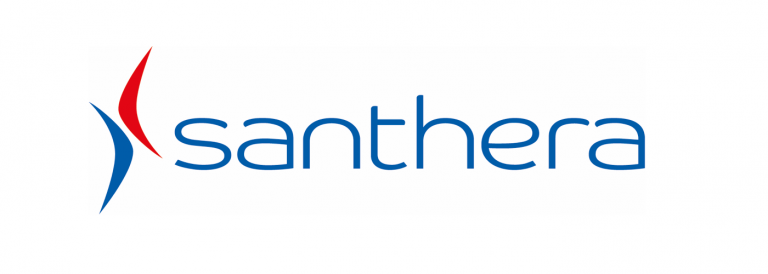Santhera Pharmaceuticals has announced plans to submit an application for Conditional Approval for Puldysa (also known as idebenone and Raxone) for the treatment of respiratory decline in people with Duchenne muscular dystrophy who are not taking steroids.
The application will include clinical data from patients treated with idebenone in clinical trials and other studies, new analyses of previously submitted data and comprehensive natural history data. Collectively, Santhera believe the data shows that Puldysa is an effective treatment that offers benefits to patients with Duchenne for up to six years.
Santhera plans to apply to the EMA (the European drug regulator) for something called conditional approval – a type of licence that can be issued if there is some evidence that a product is safe and effective but not enough for a full licence to be granted. Conditional approval gives companies the right to market a drug in Europe whilst they collect the data to support an application for a full licence in the future.
“Our team has worked hard to assemble new data which substantially strengthen our regulatory dossier for Puldysa as a potential treatment for DMD,” said Kristina Sjöblom Nygren, MD, Chief Medical Officer and Head of Development at Santhera.
Puldysa is also known as Raxone – a drug licenced in Europe for the treatment of a rare eye condition. To apply for conditional approval for treating Duchenne, Santhera had to choose a new name for the potential drug, which will now be called Puldysa. In the UK Raxone is already available under an Early Access to Medicines scheme and you can find out more here.
Find out more
Contact Neil Bennett, Director of Research, to find out more on 020 7250 8240
More about potential therapies for Duchenne



 Sarepta Therapeutics announces preliminary results in casimersen (exon 45 skipping) trial
Sarepta Therapeutics announces preliminary results in casimersen (exon 45 skipping) trial
